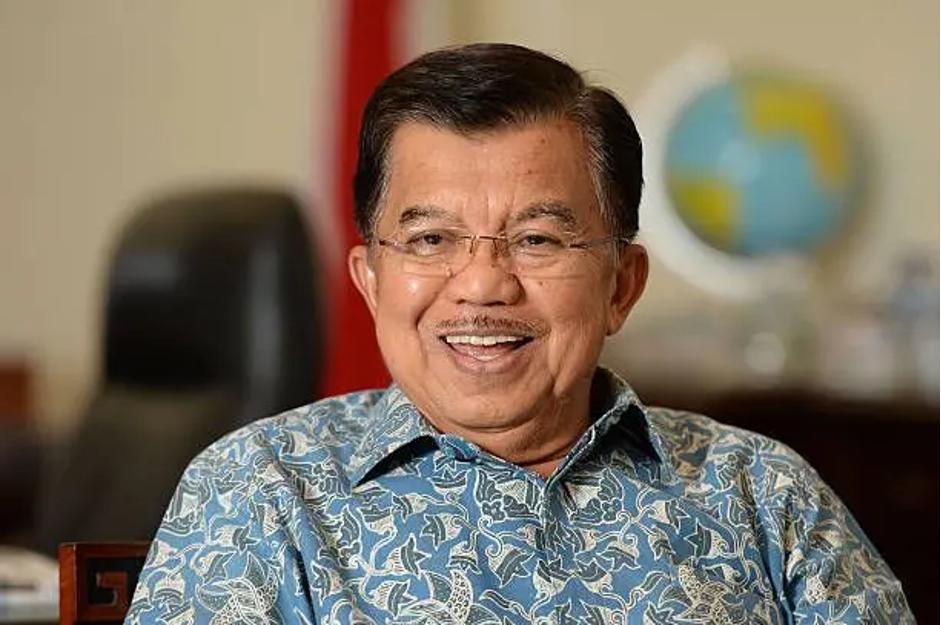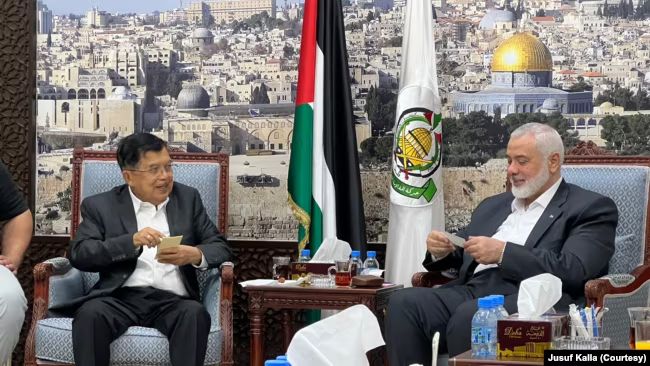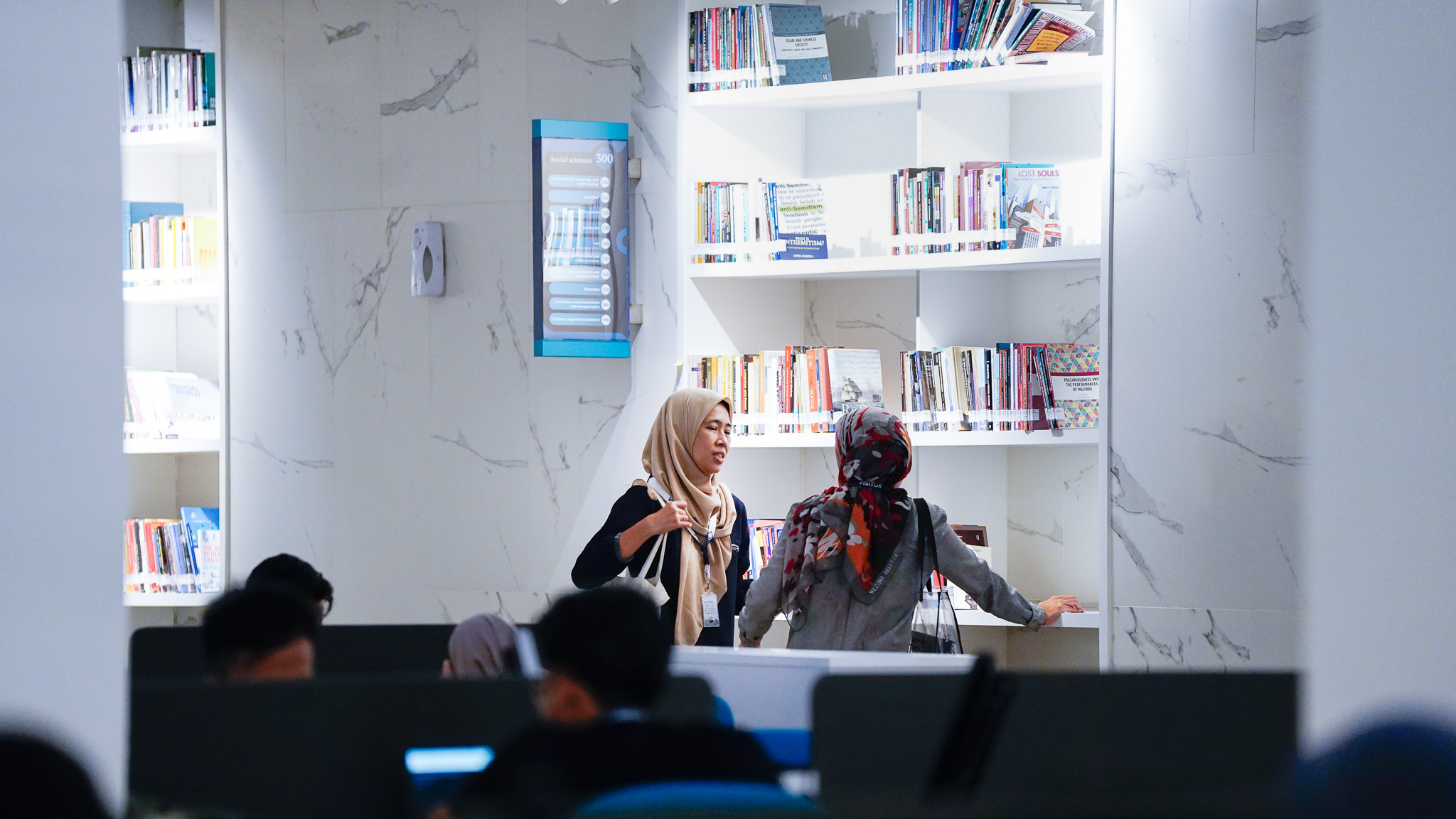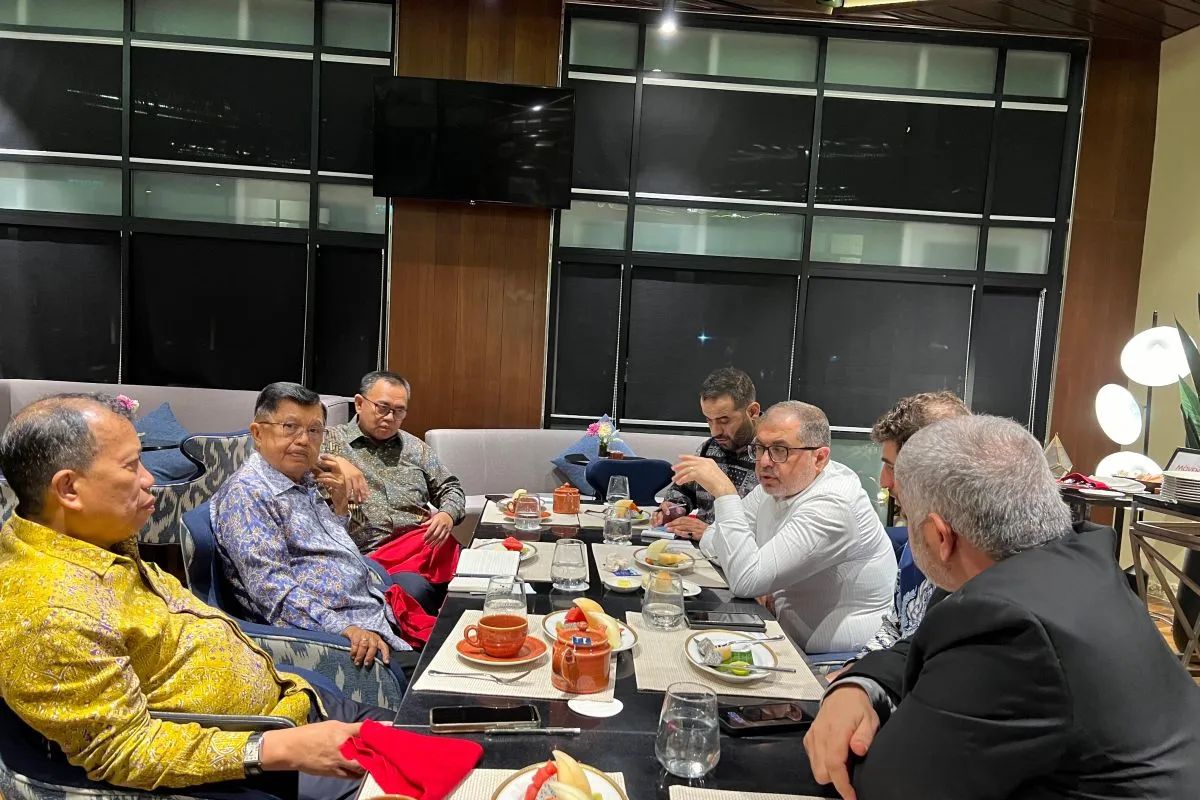Jusuf Kalla’s Bread Mission: A Lifeline for Aceh’s Tsunami Survivors
December 27, 2024Contributor: Dadi Darmadi | Photo: Gettyimages

JAKARTA — On December 26, 2004, the earth shook violently beneath the Indian Ocean, setting off a tsunami that would devastate Aceh, Indonesia’s northernmost province, and claim more than 230,000 lives across the region. In the midst of this catastrophic event, a remarkable tale of resilience and quick decision-making emerged. H.M. Jusuf Kalla, then serving as Indonesia’s vice president, recently recounted his firsthand experience during the disaster.
Kalla, who also serves as the Chairman of the Board of Trustees at the Universitas Islam Internasional Indonesia (UIII), reflected on the chaos and urgency of those early hours. “Communication was almost non-existent. At first, we thought it was a flash flood,” he recalled. The true scale of the disaster became evident only hours later, as reports trickled in of entire neighborhoods submerged and hospitals reduced to rubble.
A Plane Full of Bread
Faced with unimaginable devastation, Kalla acted decisively. Hospitals were destroyed, medical supplies scarce, and food virtually unavailable. Rice, a staple food for Indonesians, was nowhere to be found. Amid the chaos, Kalla reached out to North Sumatra’s governor with an urgent and unconventional request: buy all the bread in Medan, a city hundreds of miles away.
“Rice was impossible. We didn’t have stoves or kerosene. So I told them, buy all the bread in Medan,” Kalla said. Within hours, a plane loaded with bread was dispatched to Aceh, bringing much-needed sustenance to the survivors. “It was the first food they ate after the disaster,” he added, reflecting on the simplicity of the solution in the face of overwhelming challenges.
This bread became more than a meal — it was a lifeline, a symbol of rapid and determined leadership during one of Indonesia’s darkest moments.
Building Unity from Ruins
Beyond the immediate emergency response, Kalla emphasized the unity fostered by the tragedy. “Aceh created national unity and world unity,” he said, pointing to the unprecedented global outpouring of aid. From major powers to smaller nations like Malaysia, Singapore, and Turkey, help poured into Aceh.
This spirit of collaboration extended to Indonesia itself. Despite longstanding conflicts in Aceh, the disaster became a turning point for peace and reconstruction. “It wasn’t just rebuilding homes or roads. It was about rebuilding lives and fostering reconciliation,” Kalla said.
The reconstruction effort, coordinated by the Indonesian government and supported by international donors, was one of the largest in history. It transformed Aceh, not only physically but also socially, paving the way for sustained peace in the region.
The Legacy of Leadership
For Kalla, the tsunami was a moment that tested Indonesia’s mettle and showcased the power of swift action and collective humanity. As both a public servant and a leader committed to education through his role at UIII, his efforts during the tsunami recovery resonate as an enduring example of leadership in times of crisis.
Today, Aceh stands as a testament to survival, unity, and hope — a region rebuilt from the ashes, with memories of a plane full of bread forever etched into its history.
Source: Via Marchellinda Gunanto, 2024. “Kenang Tsunami Aceh, Jusuf Kalla Cerita Borong Roti ke Medan"
- Key Social Science Debates in Islamic Studies: Insights from Prof. Stéphane Lacroix at UIII
- Indonesia Introduces New Approach to Enhance Students’ Higher-Order Thinking
- Sex Trafficking Disguised as Secret Marriage: Dr. Zezen’s Lecture at SOAS University of London
- Islam and National Identity: Dr. Andar Nubowo on Indonesia’s Moderate Islamic Framework
- Green Ramadan: A Sustainable Initiative in the Sacred Month
- Prof. Dr. Phil. Sahiron: Bridging Classical and Contemporary Quranic Studies
- Joel N. Lohr on Indonesia, Higher Education, and Intercultural Dialogue
- Prof. Sahiron Syamsuddin Affirms Ministry’s Support for UIII-Al Azhar Partnership
- 'Indonesia Has Strong Commitment to Islamic Knowledge': Al-Azhar Rector at UIII
- A Green Awakening: How Indonesia’s Muslim Communities Are Leading the Charge for Sustainability


